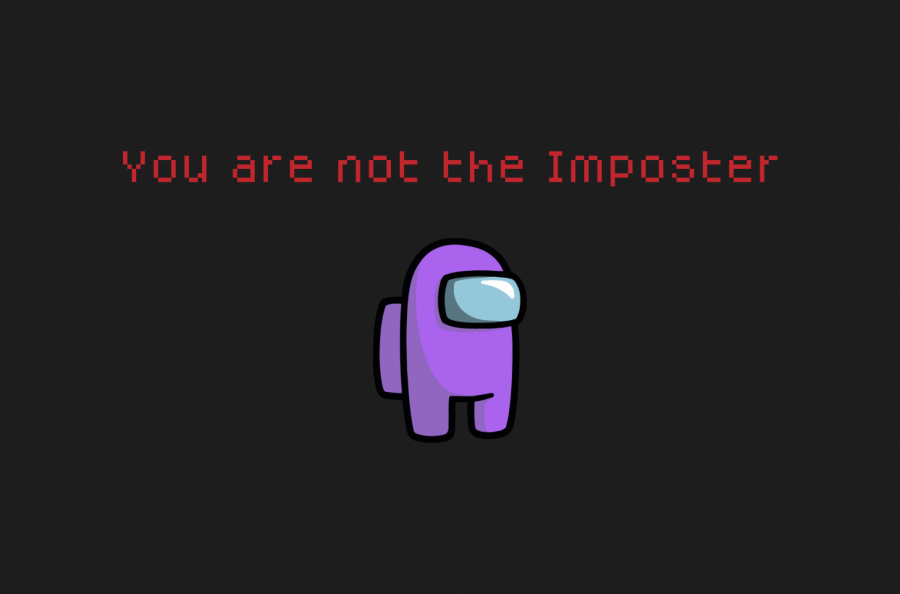Campus Organizations Partner to Host Event on Imposter Syndrome
Imposter syndrome is a feeling people have that they are inadequate for what they have worked for and is something students may feel about their accomplishments. These feelings can stem from one’s comparisons to others in various societal institutions. In 2019, professors at Brigham Young University conducted a study that showed roughly 20% of college students have feelings of impostorism.
Seattle University Career Engagement Office and the Albers Placement Center hosted the virtual presentation, Courageous Career Conversation: Imposter Syndrome. The Graduate Student Council (GSA) sponsored the event that included speaker Keisha Jackson, the Business Program Manager at Microsoft, and Seattle U alumni.
Students navigate education daily, and in her presentation, Jackson pointed out that many feel as though their university was not made with them in mind because universities have historically not considered students of diverse backgrounds.
Carol Lwali, the Associate Director of External Relations at the Career Engagement Office, spoke to the timeliness of the event.
“Our students are getting ready to graduate or going to a summer job in a few months, maybe they’re already working somewhere. That feeling of, ‘Wow I don’t belong’ or ‘I’m a fraud.’ We wanted to talk about how to recognize it and see it,” Lwali said.
Certain emotions can point to imposter syndrome, including fear, stress and insecurity. To combat these emotions, Jackson recommended doing internal work.
“Do your own work first. Happiness is an inside job. Invest in yourself first and foremost before trying to help others or expecting them to help you. Once you do that, you will feel more comfortable with yourself,” Jackson said in a written statement.
During the questions portion in the second half of the event, moderator Bhagyashree Aras, a graduate student pursuing a degree in computer science, spoke to her own experiences with imposter syndrome.
Aras shared that she moved from India and had done the majority of her education there. She noted that she first began feeling imposter syndrome while studying in the U.S.
“I got shifted from my home country to here, so everything was new. I was a little nervous about how things would go because I was out of my comfort zone and I did not have any friends, and I was new to the culture,” Aras said.
While Aras was able to overcome these emotions on her own through reading articles, her peers soon started coming to her with the familiar doubts she once felt. The event gave insight into what Aras had been unknowingly doing and helped her understand how she was combating these feelings.
Cheyenne Carlson, a third-year law student, also noticed that she and her peers had experienced imposter syndrome.
“Jackson energetically illuminated the fact that most of us have a voice in our head telling us we shouldn’t be here. I can tell you, almost every law student has this feeling—especially with the backdrop of statistically-reinforced class rankings,” Carlson said in a written statement. She added that the presentation put her at ease.
COVID-19 has created challenges for students looking for internships or jobs after graduation. Imposter syndrome can foster an environment where students may already be struggling with feeling adequate.
“Networking and connections have looked very different for students and professionals over the past year. I think we will see an impact on social, engagement and communication skills due to the pandemic and virtual learning/connections. Many folks may have a shaken confidence and sense of self due to lack of consistent in-person interactions,” Jackson wrote.
The conversation on imposter syndrome is part of an ongoing series called “Courageous Career Conversations” that started during the fall when most classes were online. The series happens quarterly and revolves around identity and careers in the workplace. The next event is planned and set to take place spring quarter. Lwali said student clubs and organizations are also involved and make up an important part of the series.
As winter quarter comes to an end, these events provide a resource for students to help process any emotions they may have. Students can find more resources on career development and mental health in the Career Engagement Office or with CAPS.


